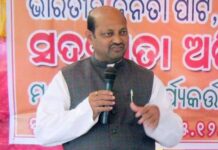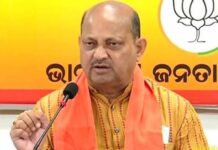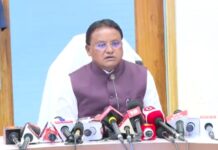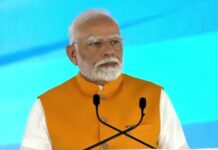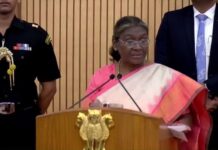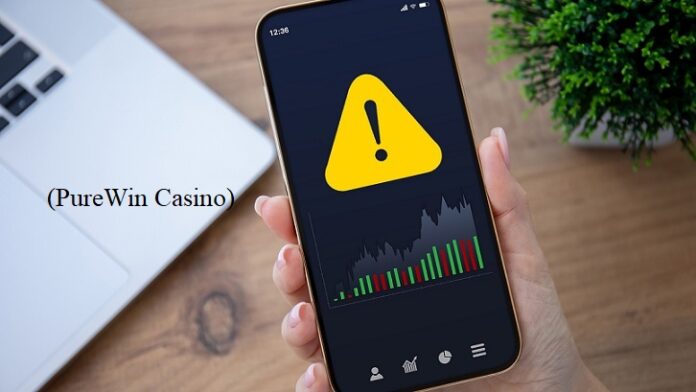By Feature Desk
NEW DELHI:Another Blanket Gaming Ban Struck Down for Trespassing the Constitution.Trial-and-error seems to be the method states in India use to explore the boundaries of their legislative powers, as a number of sections of the freshly adopted Karnataka Police (Amendment) Bill of 2021 became the next blanket ban on online gaming struck down by a High Court for trespassing key provisions of the Union Constitution.
The decision of the Karnataka HC came on the background of similar developments in two other South Indian states, as in all three cases it was found that the state governments had exceeded their legislative competence and contradicted the Constitution.
On August 3, 2021, the High Court of Madras quashed amendments to the Tamil Nadu Gambling and Police Acts that had banned online games of skill played for prizes. On September 27, the High Court of Kerala voided the amendment to the state’s Gaming Act that had prohibited online rummy.
On February 14, 2022, a division bench of the High Court of Karnataka, formed by Chief Justice Ritu Raj Awasthi and Justice Krishna S. Dixit, delivered their judgment on the case of All India Gaming Federation vs The State of Karnataka & Ors. The verdict spreads over 123 pages and contains the detailed reasoning of the bench explaining that prizes do not turn skill games into gambling and banning such games is unconstitutional and arbitrary.
Each individual game must undergo a separate analysis of rules and gameplay in order for the preponderance of skill or chance to be determined. The specifics on how to play roulette online and, say, an online fantasy league, chess or any other game are different and this should be taken into account. Whether a game is played for stakes, on the other hand, is not relevant for classifying it under the skill or chance category, the court bench ruled.
The High Court observed that the legislative power of the states related to gaming was limited to wagering on games of chance, or in other words – betting and gambling. The restrictions on games of skill envisaged by the disputed Amendment Bill infringed fundamental rights guaranteed by the Constitution such as the right of artistic expression and the right of free practice of any trade or profession, the Karnataka HC held basing its reasoning on previous judgements by the Supreme Court.
The outright gaming ban was also found to be arbitrary as it had failed to observe the principle of proportionality which requires adopted measures to be proportional to the intent of the legislation. Thus, the amendment had breached the fundamental right of equality envisaged by Article 14 of the Constitution.
The High Court also observed that the arguments supplied by the state pointing to the dangers of gambling addictions were grounded on traditional and anecdotal beliefs, and not on hard evidence derived by scientific or empirical research. The bench noted that addiction prevention reforms should be introduced on the basis of scientific methods.
The Three South Indian States have a High Gaming Population
The states of Karnataka, Tamil Nadu and Kerala combined supply 20.1 percent of India’s real money gamers, as shown by a 2021 research report by RMG market analysts Esse N Videri (ENV Media) titled “India’s Richest Cities and Its Large Online Gambling Communities”. At the same time, the three states hold 13.25 percent of the country’s population based on 2019 data quoted by the report.
The ENV research is based on proprietary data on traffic generated towards Indian online casino and real money gaming platforms, but can be suitably used to exemplify the trends for all forms of online gaming. Out of the three states, Karnataka ranks highest, being responsible for 9.3 percent of all registered traffic, Tamil Nadu follows closely with 8.1 percent, and Kerala’s contribution is 2.7 percent.
The Esse N Videri analysts attribute the relatively high gaming traffic figures of these states to economic factors which bring higher disposable incomes to their population, such as GDP per Capita, the Human Development Index (HDI) and low poverty lines.
Short-Lived Blanket Bans Bring Unnecessary Losses to Business
During the five and a half months that the blanket ban on gaming stayed in force in Karnataka, a number of gaming operators, including the likes of the Mobile Premier League (MPL) and PayTM First Games lost business in the state as they geo-blocked access to Karnataka gamers to their platforms.
Relying on Supreme Court rulings that had previously confirmed the legal status of online fantasy sports, Dream11 stopped their services in Karnataka only after a FIR was registered against the platform’s cofounders Bhavit Sheth and Harsh Jain.


